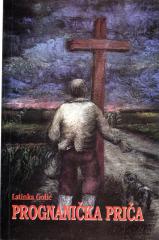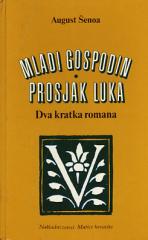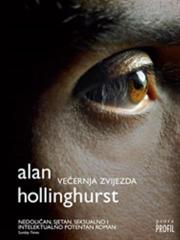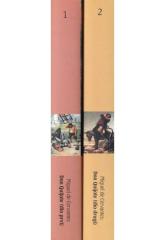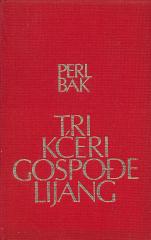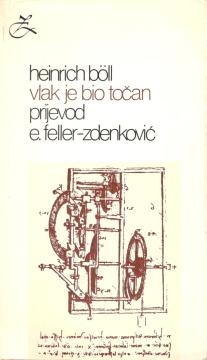
Vlak je bio točan
The first novel by Heinrich Böll. This work (1949) laid the foundation for Böll's later career, in which he continued to explore themes of moral responsibility and the consequences of war, which earned him the Nobel Prize for Literature in 1972.
The plot follows a young German soldier, Andreas, who travels by train to the Eastern Front in 1943, during the war. On the train, faced with imminent danger and the fear of death, Andreas undergoes a profound inner crisis. Through conversations with other soldiers and his own thoughts, the novel explores themes of the futility of war, the loss of hope, and the moral dilemmas of the individual in a totalitarian system.
Andreas's obsession with the punctuality of the train symbolizes the inevitability of fate and the dehumanizing nature of war. As the train progresses, his anxiety grows, and his premonition of his own death becomes stronger. The novel is characterized by its minimalist style, powerful psychological insights, and criticism of war, making it a key work of German post-war literature, the so-called Trümmerliteratur (ruin literature). Böll's focus on the character's inner world and his powerlessness in the face of historical forces reflects the experiences of a generation traumatized by the war.
Jedan primjerak je u ponudi
- Library stamp
- Underlined in pencil
